by Lisa Cooke | May 16, 2013 | 01 What's New, Research Skills
UPDATE: THIS COLLECTION HAS BEEN EXPANDED AND IS NOW ALSO AVAILABLE ON ANCESTRY.COM.
About 4.6 million genealogical records from the Evangelical Lutheran Church in America (ELCA) are now available on Archives.com.
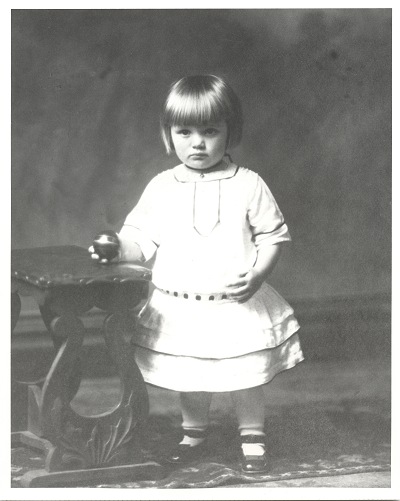 This project represents a unique collection for Archives.com, which partnered with the ELCA Archives to digitize and index about 1000 rolls of microfilmed records of affiliated church. According to the company, this collection represents records that have never been online before. It eliminates the major barriers we usually have in researching church records: not knowing which specific congregation an ancestor attended; not knowing where those records are now and not having easy access to them.
This project represents a unique collection for Archives.com, which partnered with the ELCA Archives to digitize and index about 1000 rolls of microfilmed records of affiliated church. According to the company, this collection represents records that have never been online before. It eliminates the major barriers we usually have in researching church records: not knowing which specific congregation an ancestor attended; not knowing where those records are now and not having easy access to them.
According to a company press release, “The records in these collections date from the mid-1800s through 1940 and include births, baptisms, confirmations, marriages, deaths, and burials. Details vary from church to church, but often include parents’ names, dates and places of the event, and other biographical details. Many of the churches were founded by immigrants from Norway, Sweden, and Germany and had immigrant families as their members.”
I was curious to see what I could find in the collection on my own family. You can imagine how happy I was to find this record (image below) of my grandmother, Alfreda Sporowski (image right) from Gillespie, Illinois:

Church record naming Alfreda Sporowski, from Archives.com’s collection of Evangelical Lutheran Church records.
I remember years ago writing a letter to the church and receiving a letter in reply with this information. Now I’m looking at the original document in just seconds from my home computer. We’ve come a long way!
Not a member at Archives.com? You can sign up here for a free 7-day trial membership.
by Lisa Cooke | Mar 8, 2017 | 01 What's New, Genealogy Gems Podcast
with Lisa Louise Cooke
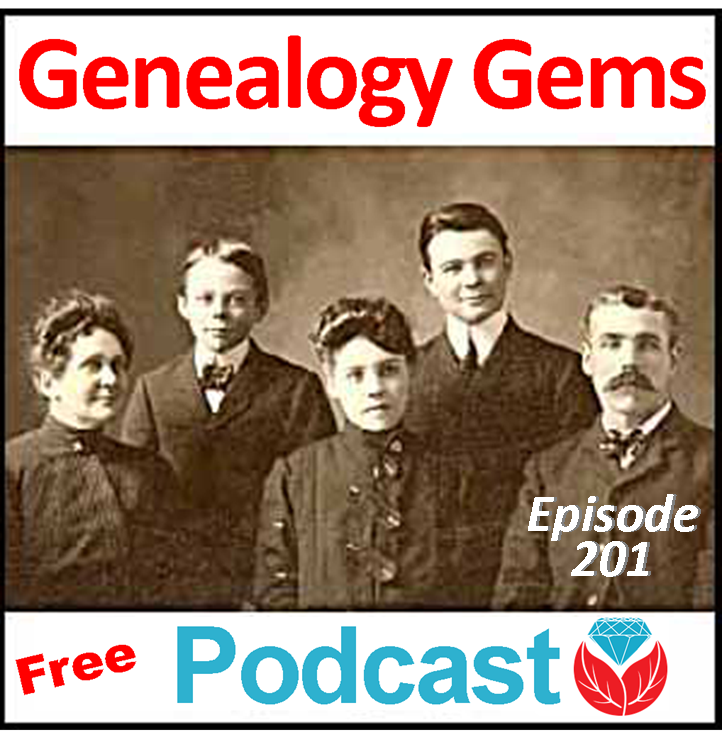
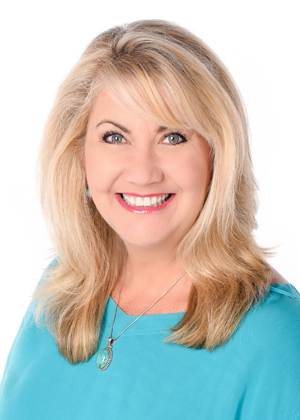
In this episode, I chat with Angela Walton-Raji, expert in U.S. and African-American research, about tips for interviewing relatives and taking your African-American family tree back to the era of slavery.
Other highlights of this episode include:
- A RootsTech 2017 recap, with info on archived streaming sessions;
- Great news from Findmypast about its new Catholic Heritage Archive;
- A ground-breaking study from AncestryDNA that identifies specific migration patterns among genetically-related clusters of people;
- Follow-up mail from Lisa’s Episode 200 celebration;
- An expert Q&A on finding relatives who don’t appear in the census where you expect them to;
- A teaser clip from the upcoming Genealogy Gems Book Club interview with Annie Barrows, author of The Truth According to Us.
ROOTSTECH 2017 RECAP
Genealogy Gems booth streaming sessions are on the Genealogy Gems Podcast Facebook page. “Like” our page, and then scroll down to Videos and click See all (shown here).

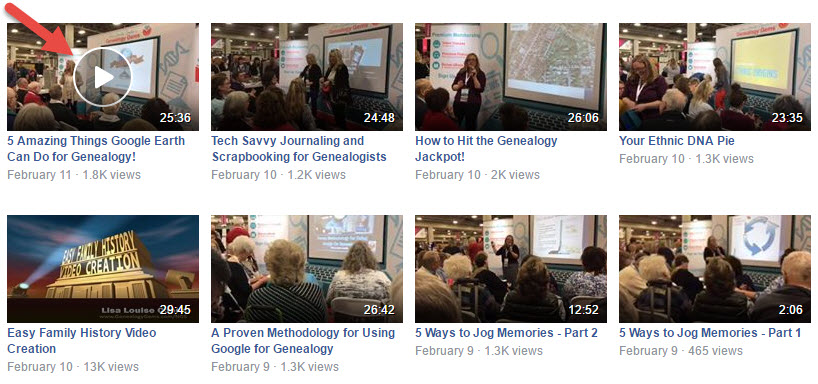
You’ll find:
- Lisa Louise Cooke: Google search methodology for genealogy, using Google Earth for genealogy and creating memorable, easy family history videos;
- Diahan Southard: Understanding your DNA ethnic pie chart;
- Amie Tennant: Digital journaling and scrapbooking;
- Sunny Morton: Jogging your memories and “Genealogy Jackpot” (on researching her ancestors’ survival of the Great Johnstown flood of 1889.
POPULAR ROOTSTECH STREAMING LECTURE “THE BIG 4” NOW ONLINE
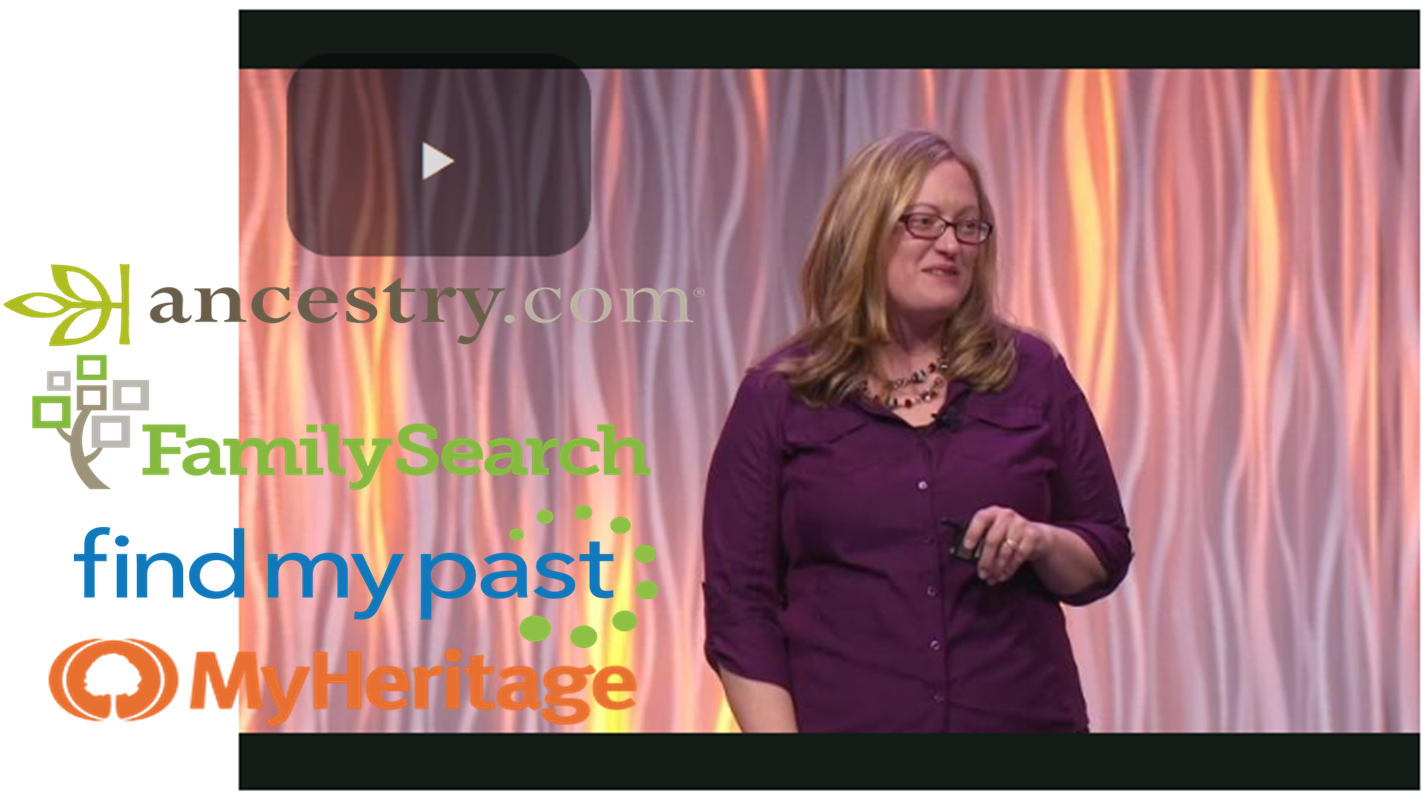
Watch “The Big 4: Comparing Ancestry, FamilySearch, Findmypast and MyHeritage” by Gems Editor Sunny Morton and catch a summary of its main points
Catch our future free Genealogy Gems streaming sessions on Facebook!
You can also Like and follow the Genealogy Gems Facebook page to hear about (and sometimes watch) streaming sessions.
GENEALOGY GEMS APP BONUS MATERIAL
If you listen through the Genealogy Gems app (FREE in Google Play) and $2.99 for Windows, iPhone and iPad users), your bonus material for this episode is a short video clip showing a time-lapse perspective on RootsTech 2017 from the exhibitor hall.
NEWS: FINDMYPAST CATHOLIC HERITAGE ARCHIVE
Catholic Heritage Archive at Findmypast.com
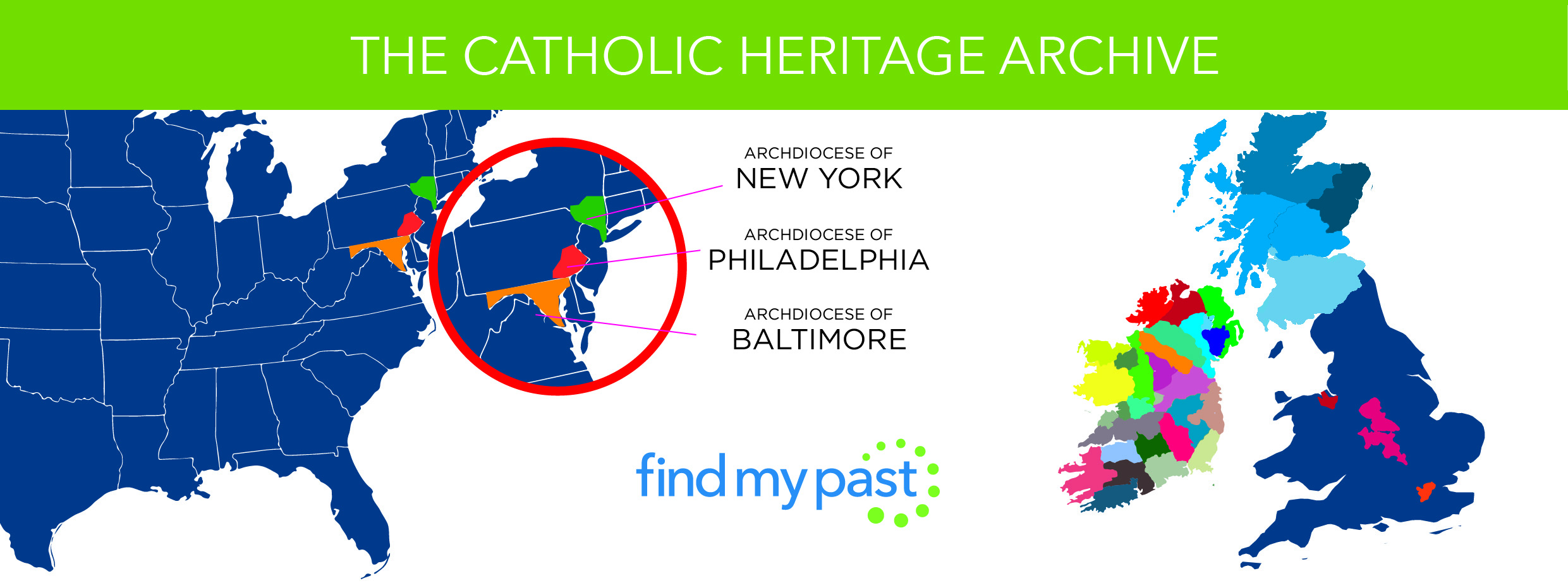
In the Boston Globe: Archdiocese of Boston and New England Historic Genealogical Society plans to bring 10 million+ parish records online
MAILBOX:

Robin mentioned she’s learned so much from Lisa on these topics:
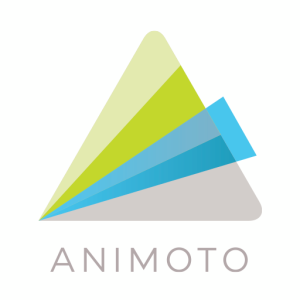 Start creating fabulous, irresistible videos about your family history with Animoto.com. You don’t need special video-editing skills: just drag and drop your photos and videos, pick a layout and music, add a little text and voila! You’ve got an awesome video! Try this out for yourself at Animoto.com.
Start creating fabulous, irresistible videos about your family history with Animoto.com. You don’t need special video-editing skills: just drag and drop your photos and videos, pick a layout and music, add a little text and voila! You’ve got an awesome video! Try this out for yourself at Animoto.com.
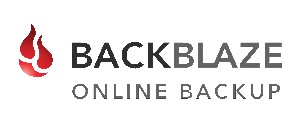 Keep your family history research, photos, tree software files, videos and all other computer files safely backed up with Backblaze, the official cloud-based computer backup system for Lisa Louise Cooke’s Genealogy Gems. Learn more at http://www.backblaze.com/Lisa.
Keep your family history research, photos, tree software files, videos and all other computer files safely backed up with Backblaze, the official cloud-based computer backup system for Lisa Louise Cooke’s Genealogy Gems. Learn more at http://www.backblaze.com/Lisa.
INTERVIEW: ANGELA WALTON-RAJI

Angela Walton-Raji instructs the African-American Genealogy Research Essentials webinar.
Angela’s oral history questions: What to ask your elders
Did they happen to know anyone who had been born a slave when they were a child?
Who was the oldest person that you remember when you were a child? And did that person ever talk about anyone who may have been enslaved?
What do you know about where the family was from? (Were we always from Georgia, or, were we always from Pennsylvania, or was there a time when we came from another place? (Read more about the Great Migration she mentioned.) Why did we move? Who remembers that journey?
Were people involved in the Civil Rights movement, in the Garvey era, with the Freedom Riders, or other important events in their lifetime? What kinds of things did they see?
Who in the family participated in the military (in World War II, I, the Spanish-American War)? African-American military units through the mid-20th century were still referred to as Buffalo soldiers. (She mentioned the Triple Nickel, a unit of all-black World War II paratroopers.
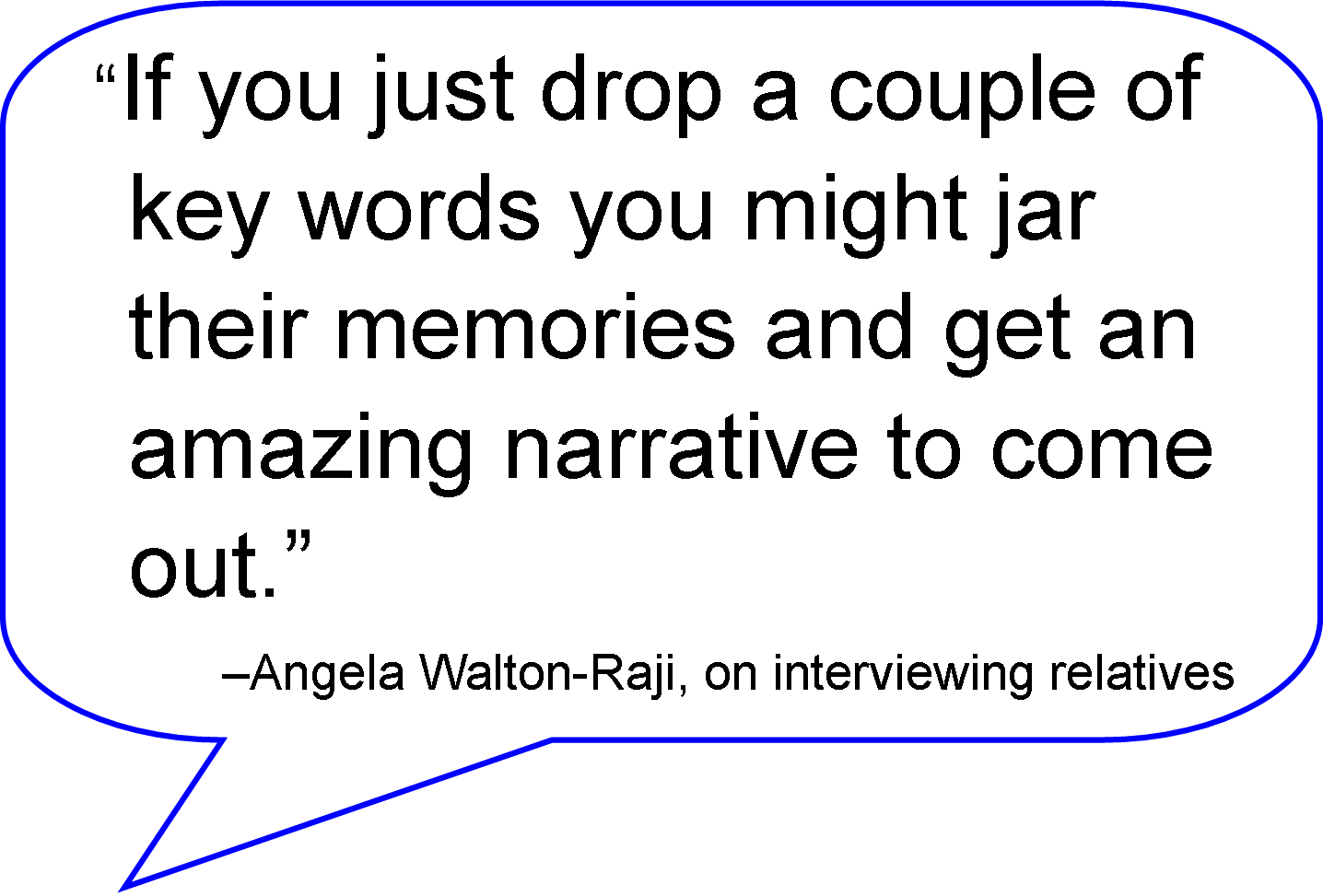
MyHeritage.com is the place to make connections with relatives overseas, particularly with those who may still live in your ancestral homeland. Click here to see what MyHeritage can do for you: it’s free to get started.

Lisa Louise Cooke uses and recommends RootsMagic family history software. From within RootsMagic, you can search WebHints on FamilySearch.org, Findmypast.com and MyHeritage.com. Soon RootsMagic will also be able to search records and even sync your tree with Ancestry.com, too.
EXPERT TIP ON FINDING ANCESTORS “MISSING” IN CENSUSES
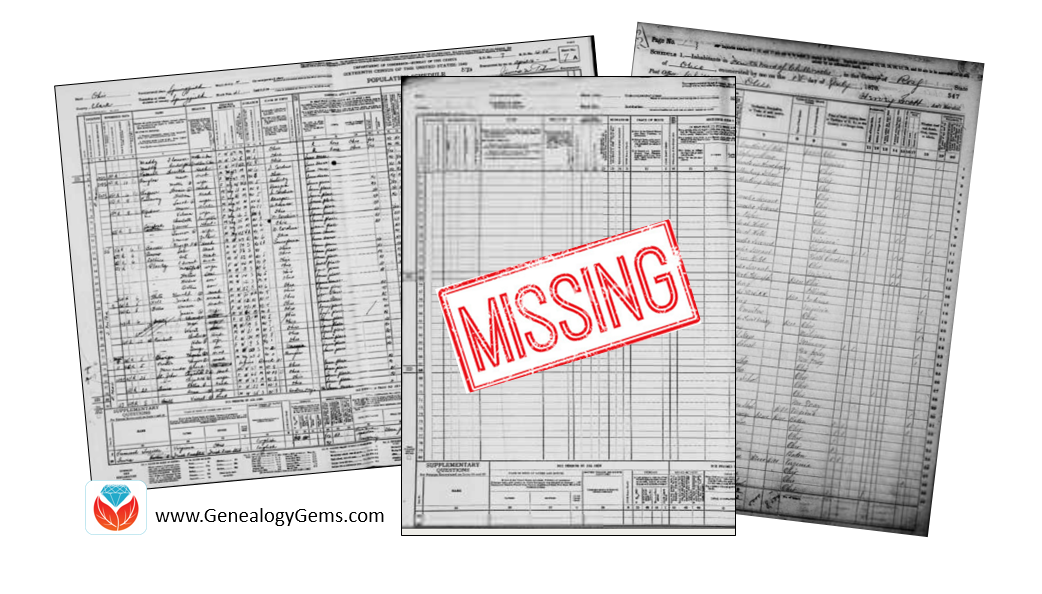
Read their Q&A: Kate Eakman takes on a Gems listener question from someone who has already done a lot of work trying to locate a relative in the 1940 U.S. census
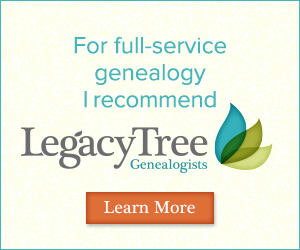
Legacy Tree Genealogists provides expert genealogy research service that works with your research goals, budget and schedule. The Legacy Tree Discovery package offers 3.5 hours of preliminary analysis and research recommendations: a great choice if you’ve hit a brick wall in your research and could use some expert guidance.
DNA WITH YOUR DNA GUIDE DIAHAN SOUTHARD: ANCESTRYDNA STUDY BREAKTHROUGH
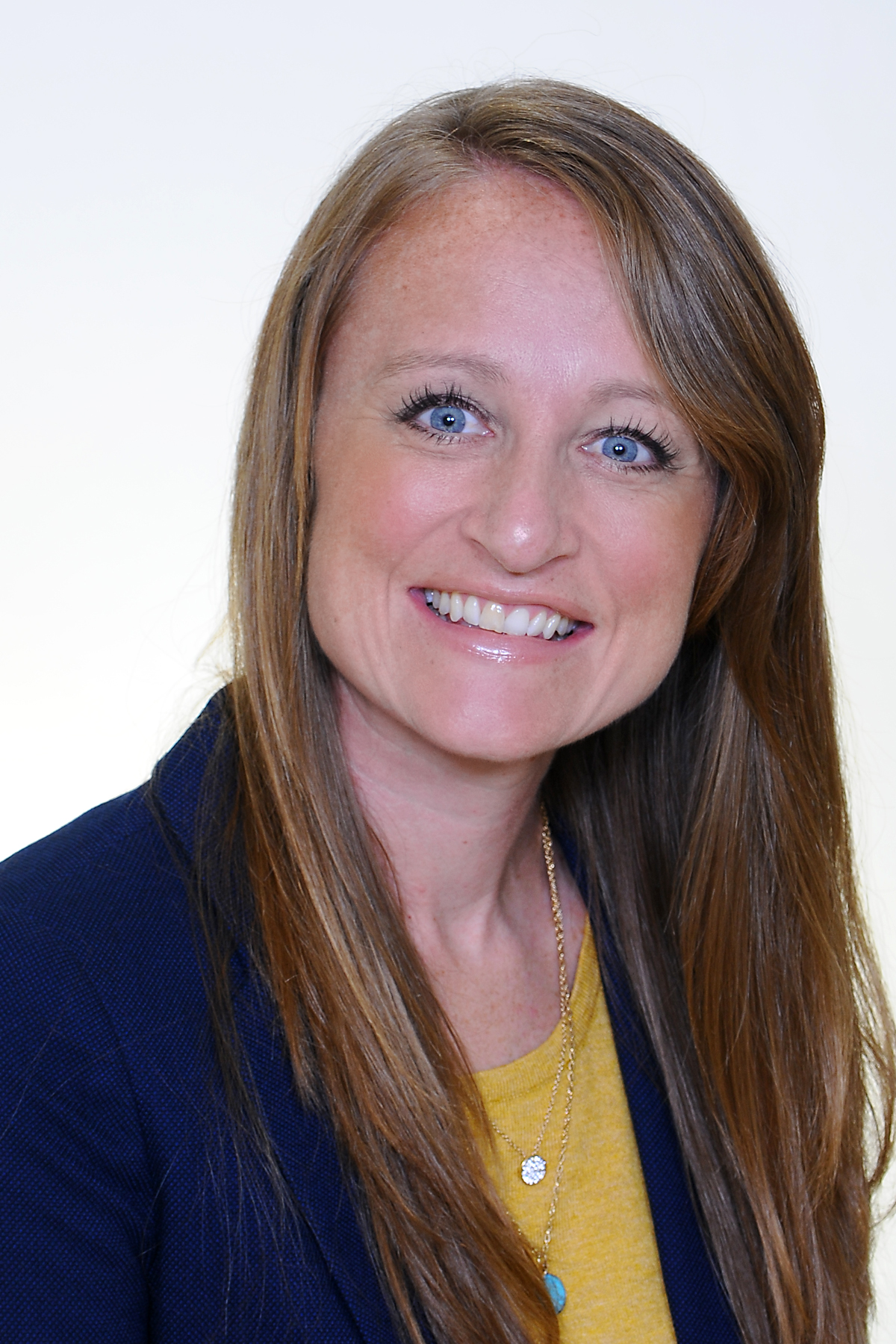
There is no doubt that this is an exciting time to be a genealogist. Here at Genealogy Gems, we are announcing new record collections online every month, advances in genealogy databases and their ability to retrieve the information we are looking for, and of course, DNA testing. There really has been no time in history where such a wealth of information about our past has been so readily available to so many.
In another ground-breaking development in the DNA world has been a recent publication in a scientific journal by the scientific team at AnccestryDNA. It is titled, “Clustering of 770,000 genomes reveals post-colonial population structure of North America.” Or, in more understandable terms, “Your DNA can tell us where you came from in America in the last 500 years.”
Wow, right? So how did they do this?
Well, the power really is in the numbers. In this particular paper they used 770,000 people, but now that they are approaching having testing 4 million people, you can bet the same principles will be applied to a larger data set and we will see even more as a result. But even though it takes a large data set to accomplish this, it really all still comes down to the relationship of two people.
To start, Ancestry determines how just two people are genetically related. Then they find how those two are related to a third, again, looking only at pairs of people. This goes on and on and on until everyone in the group as been compared. Then we use a graph to plot those relationships, with those more closely related clustering around each other. Then the real key, the point where we see the marriage of genetics and genealogy: they add in the family history information for each of these individuals in the cluster. What they found was astounding. They have displayed the data in Figure 3 in the paper:
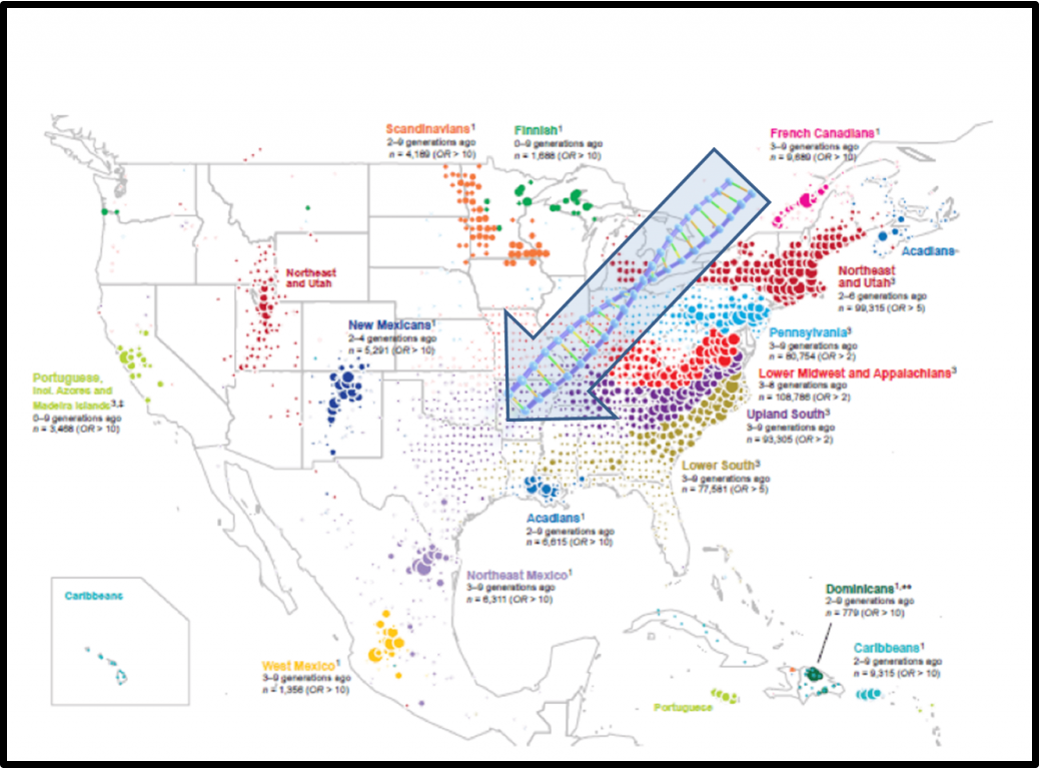
Distribution of ancestral birth locations in North America. Summary map from Nature Communications; click to see article with full explanation of map data. Image used with permission of Ancestry.com.
It is a map of the United States with colored dots scattered across the landscape. The location of the dots corresponds to the genealogy of those tested, while the color of the dots relates to their genetic clustering. Those who clustered closest together are the same color. The result is a nearly perfect rainbow, with each color holding its respective spot on the map, with very little overlap between groups. (There are actually two maps in the paper, just to make things easier to see.)
We might be tempted when looking at the maps to think, oh, well, of course there is a large population of European Jews in New York, everyone knows that, no breakthrough there. But it IS!! This isn’t their family history, or their accent or their culture that is telling us this, it is their genetics!
As if that wasn’t exciting enough, further on in the paper they describe how we can trace migration patterns of different groups over just a few generations. In the paper they specifically mention French Canadians and Cajuns/Acadians, but this same principle can theoretically be applied to dozens of other groups.
For example, let’s say you have an ancestor in Texas about 4 generations ago, but you aren’t sure where she came from. If technology like what is published in this paper ever reaches your testing company, your DNA could tell you that you fit into the Lower South group, meaning that your ancestor likely hails from, well, the South!
This is just a glimpse into what the advances in genetics are bringing to your genealogy toolbox. So hang on to your hats, and keep tuned in here at Genealogy Gems for all of the latest updates.
GENEALOGY GEMS BOOK CLUB
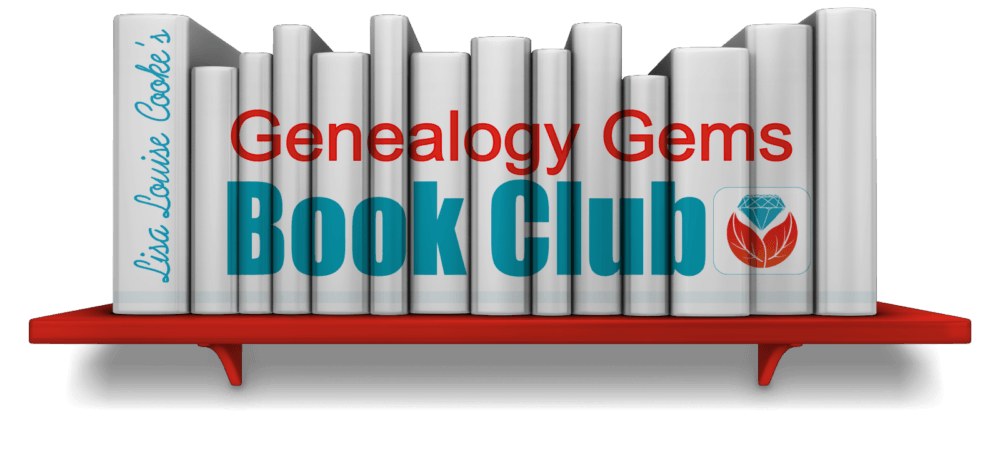
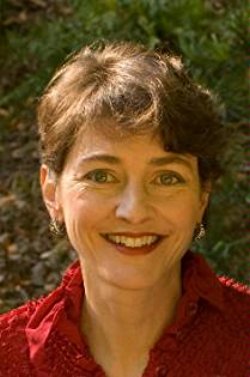
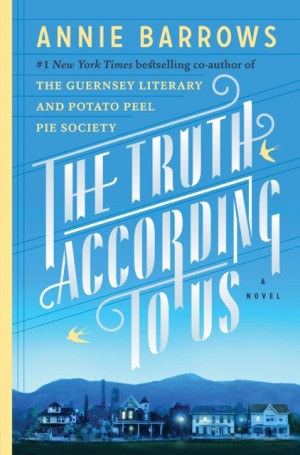
The Truth According to Us by internationally bestselling author Annie Barrows
It’s the summer of 1938, and wealthy young socialite Miss Layla Beck is now on the dole as a WPA worker, assigned to write a history of the small town of Macedonia, West Virginia. As she starts asking questions about the town’s past, she is drawn into the secrets of the family she’s staying with and drawn to a certain handsome member of that family. She and two of those family members take turns narrating the story from different points of view, exploring the theme that historical truth, like beauty, is often in the eye of the beholder.
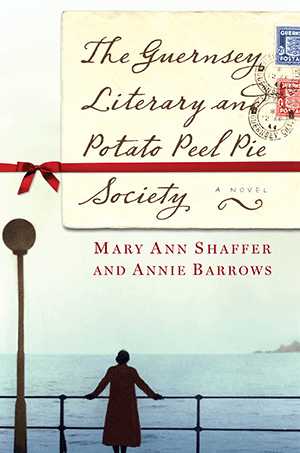
Annie Barrows is also the co-author of The Guernsey Literary and Potato Peel Pie Society. This novel takes place after World War II in a London recovering from the Blitz and an island recovering from German occupation. At the heart of Guernsey is an unlikely love story and the inspiring tale of a community that took care of each other in their darkest days with humor, compassion and good books.
Click here to see more Genealogy Gems Book Club selections and how you can listen to Lisa’s upcoming exclusive conversation with author Annie Barrows about The Truth According to Us.
Subscribe to the Genealogy Gems newsletter to receive a free weekly e-mail newsletter, with tips, inspiration and money-saving deals.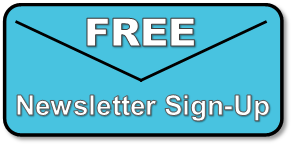
PRODUCTION CREDITS
Lisa Louise Cooke, Host and Producer
Sunny Morton, Editor
Amie Tennant, Content Contributor
Diahan Southard, Your DNA Guide, Content Contributor
Lacey Cooke, Service Manager
Vienna Thomas, Associate Producer
Hannah Fullerton: Production Assistance

Check out this new episode!
Disclosure: This article contains affiliate links and Genealogy Gems will be compensated if you make a purchase after clicking on these links (at no additional cost to you). Thank you for supporting Genealogy Gems!
by Lisa Cooke | Apr 8, 2015 | 01 What's New, Google, Research Skills
This just in! Google Scholar and ProQuest are teaming up to provide a publicly-accessible index to all of ProQuest’s scholarly journal content. Google Scholar already delivers search results on your favorite genealogy keywords (names, places and records) from scholarly publications like dissertations, academic articles and more. (Click here to read my blog post about Google Scholar for genealogy.)
just in! Google Scholar and ProQuest are teaming up to provide a publicly-accessible index to all of ProQuest’s scholarly journal content. Google Scholar already delivers search results on your favorite genealogy keywords (names, places and records) from scholarly publications like dissertations, academic articles and more. (Click here to read my blog post about Google Scholar for genealogy.)
Now the search experience will become more powerful and inclusive. According to a press release, “ProQuest will enable the full text of its scholarly journal content to be indexed in Google Scholar, improving research outcomes. Work is underway and the company anticipates that by the third-quarter of 2015, users starting their research in Google Scholar will be able to access scholarly content via ProQuest.”
“ProQuest has rich, vast content that advances the work of researchers, scholars and students,” blogged the CEO of ProQuest. “Respecting the different ways researchers and librarians choose to conduct their research is essential to ensuring that content is simple to discover and use. We know Google Scholar is a popular starting point for researchers of all kinds. Our teamwork with Google will enable these patrons to be automatically recognized as authenticated ProQuest users and seamlessly link to their ProQuest collections, where they can connect with full-text scholarly content.”
It appears that there will still be a charge to access copyright-protected material (“authenticated ProQuest users” in the quote above are those that have access via a ProQuest subscription). According to the press release, “Users who are not recognized will be sent to a landing page with the abstract or an image of the first page, protecting all rights holders. To read full text, the users will authenticate themselves. There is nothing for libraries to set up – the linking will be seamless and automatic.”
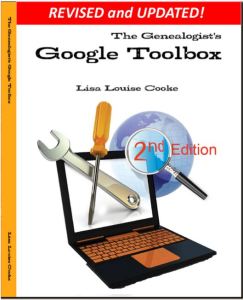 Learn more about using Google Scholar and other advance Google search techniques to discover your family history online in The Genealogist’s Google Toolbox Second Edition. The newly-updated and fully-revised book is available now!
Learn more about using Google Scholar and other advance Google search techniques to discover your family history online in The Genealogist’s Google Toolbox Second Edition. The newly-updated and fully-revised book is available now!
by Lisa Cooke | Oct 6, 2017 | 01 What's New, Newspaper, Records & databases
Extra, extra! Thousands of pages of US and UK newspapers are newly online for your genealogy research. Also new this week are birth, marriage, death, and parish records for England and the United States, a large historic Irish photo collection and a unique family history research aid for Iceland.

Feature Photo: Newspapers
UK Newspapers, Parish Records and More
England: Parish records and newspapers
Ancestry.com got a big update recently to their English records! The following collections have been added for Derbyshire, England:
Originals of these documents come from Derbyshire Church of England Parish Registers, and dozens of parishes are included. You can narrow your results by parish by selecting from the drop-down menu in the Browse this Collection box (shown here) on the right side of the page.
Also brand new this week are several newspapers for England, hosted by the British Newspaper Archive:
Hampshire: Hants and Berks Gazette and Middlesex and Surrey Journal 1892-1902
Oxfordshire: Thame Gazette 1857-1928 (some gaps).
Durham: Darlington & Stockton Times, Ripon & Richmond Chronicle 1847-1894 (some gaps).
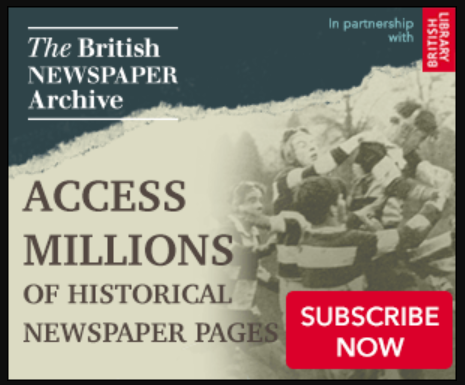 London: Barking, East Ham & Ilford Advertiser, Upton Park and Dagenham Gazette 1889-1909
London: Barking, East Ham & Ilford Advertiser, Upton Park and Dagenham Gazette 1889-1909
You can search the British Newspaper Archive for free, and they’ve recently created a brand new package: Save 31% with their 3 Month package for just £25.90! You’ll get access to over 22 million newspaper pages across Britain and Ireland, with more added every day.
Scotland: Parish records & newspapers
A new collection of Scottish parish records is now available at Ancestry.com: Extracted Parish Records, 1571-1997. The records in this collection include baptisms/christenings, burials, marriages, tombstone inscriptions, obituaries, tax lists, wills, and other miscellaneous types of records. For copies of the originals, “the microfilm number of pertinent corroborating records can often be found on the LDS Church’s FamilySearch site (www.familysearch.org) in the Family History Library Catalog.”
Also new for Scotland, the Paisley & Renfrewshire Gazette newspaper is available at the British Newspaper Archive. Years span 1875-1908 (except 1877) and it was published by Newsquest in Paisley, Renfrewshire, Scotland. 1,722 issues comprised of 14,000 pages are now available to view online.
Historic Irish photos & newspapers
More than 10,000 historic pictures from have been added to a folklore website, duchas.ie. A recent article announcing the launch stated that “the Collection contains photographs taken by professional photographers and by collectors working with the National Folklore Commission, amongst others, and are classified under 14 different topics including: festivals; holy wells; settlement; folklore collection; and games and pastimes.” A large number of the photographs date from the early 20th century.
The British Newspaper Archive has added a new newspaper title from Antrim, Northern Ireland: Carrickfergus Advertiser 1884-1895, 1897-1910. Nearly 1,400 issues and over 5,000 pages are included in this new digitized collection.
Iceland: New language resource
If you have ancestors from Iceland, this unique resource is for you! A new website has made Icelandic spelling, declension, and etymology dictionaries now free online. From Iceland Magazine: “In an effort to protect the Icelandic language in a time of smartphones and computers, The Árni Magnússon Institute for Icelandic Studies at the University of Iceland has opened a website which offers free access to the institute’s large catalogue of dictionaries, including etymology- and spelling dictionaries and the institute’s declension database for the Icelandic language.” Here’s a tip: The site is in Icelandic, but use Google Translate to navigate in English! Plus check out our favorite resources for pronunciation help.
United States: Vital records & more
California. County Birth, Marriage, and Death Records, 1849-1980 are new online at Ancestry.com. This collection contains records from various counties throughout California, and you can use the drop-down table to search by the county, record type, and year range of your ancestor’s life events.
Connecticut. New records are available online at Findmypast for Connecticut baptisms, church records, and burials from the 1600s-1800s. These records cover various towns and have been transcribed from public domain records.
Georgia. New from the Georgia Archives: Colonial Conveyances. This collection contains 11 volumes of property transactions between private citizens in the Colony of Georgia from 1750-1804. Each book contains a grantor index at the end of the volume.
Maryland. The University of Maryland Student Newspapers Database has recently launched. From the press release: “[This collection] provides keyword and date access to issues of The Diamondback and its seven predecessor newspapers from 1910 to October 1971. Users can search names and topics across all the issues, as well as focusing in on a particular day, month, or year of publication or publication title.”
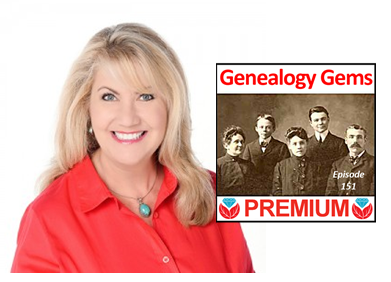 Want more help with newspapers, Google Translate, and more? Genealogy Gems Premium Members can watch full-length video classes by Lisa Louise Cooke on those topics and more! Sign up today
Want more help with newspapers, Google Translate, and more? Genealogy Gems Premium Members can watch full-length video classes by Lisa Louise Cooke on those topics and more! Sign up today
Disclosure: This post contains affiliate links and Genealogy Gems will be compensated if you make a purchase after clicking on these links (at no additional cost to you). Thank you for supporting Genealogy Gems!
 This project represents a unique collection for Archives.com, which partnered with the ELCA Archives to digitize and index about 1000 rolls of microfilmed records of affiliated church. According to the company, this collection represents records that have never been online before. It eliminates the major barriers we usually have in researching church records: not knowing which specific congregation an ancestor attended; not knowing where those records are now and not having easy access to them.
This project represents a unique collection for Archives.com, which partnered with the ELCA Archives to digitize and index about 1000 rolls of microfilmed records of affiliated church. According to the company, this collection represents records that have never been online before. It eliminates the major barriers we usually have in researching church records: not knowing which specific congregation an ancestor attended; not knowing where those records are now and not having easy access to them.












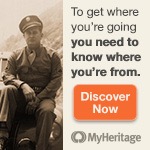











 just in! Google Scholar and ProQuest are teaming up to provide a publicly-accessible index to all of ProQuest’s scholarly journal content. Google Scholar already delivers search results on your favorite genealogy keywords (names, places and records) from scholarly publications like dissertations, academic articles and more. (
just in! Google Scholar and ProQuest are teaming up to provide a publicly-accessible index to all of ProQuest’s scholarly journal content. Google Scholar already delivers search results on your favorite genealogy keywords (names, places and records) from scholarly publications like dissertations, academic articles and more. (

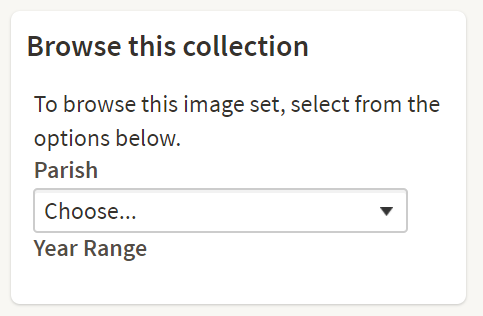 Church of England Marriages and Banns, 1754-1932
Church of England Marriages and Banns, 1754-1932
 Want more help with newspapers, Google Translate, and more? Genealogy Gems Premium Members can watch full-length
Want more help with newspapers, Google Translate, and more? Genealogy Gems Premium Members can watch full-length